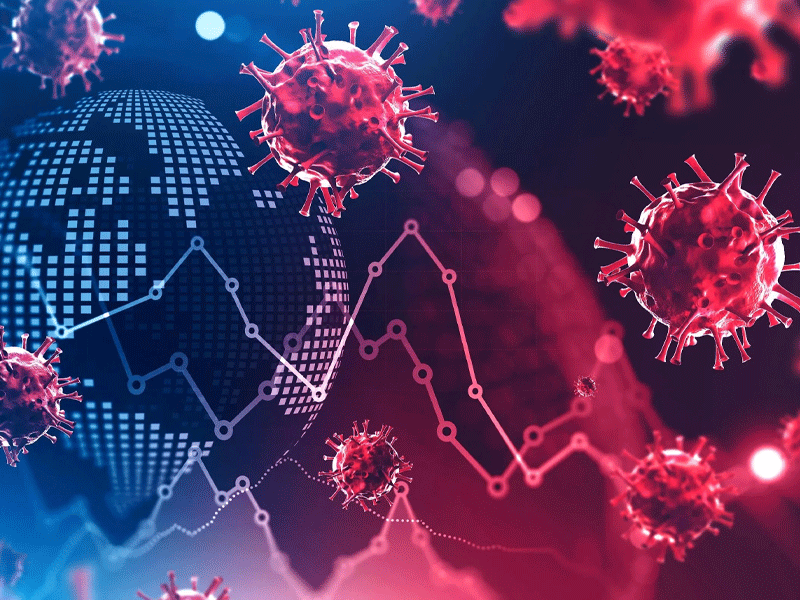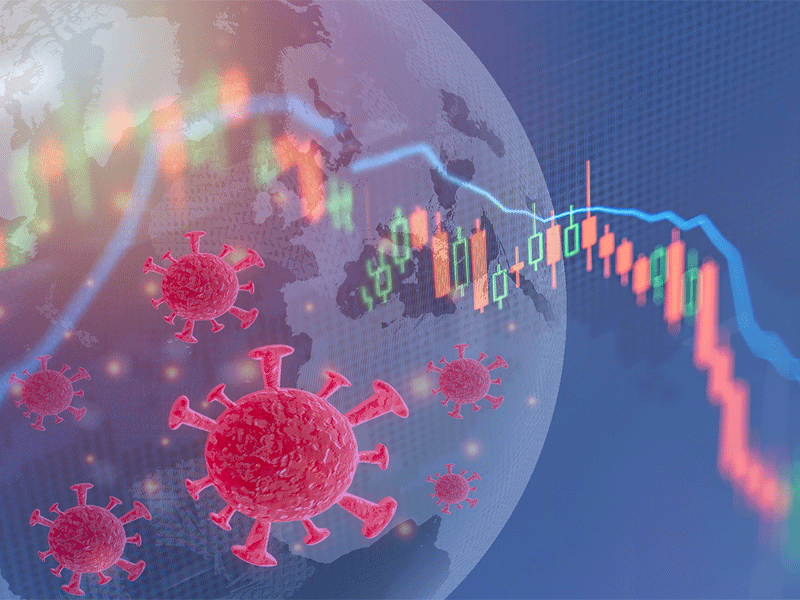In the wake of the COVID-19 pandemic, global health organizations have come under increased scrutiny. Chief among them is the World Health Organization (WHO), which is at the center of renewed efforts to create a global framework for pandemic preparedness. On the surface, this is a prudent and responsible step. After all, infectious diseases know no borders, and a coordinated international response seems not only logical but necessary. But beneath the rhetoric of safety and cooperation lies a growing concern: is pandemic preparedness becoming a vehicle for centralized global power?
The Role of the WHO
The WHO is a dedicated agency of the United Nations that is accountable for international public health. It sets global health standards, monitors disease outbreaks, and provides support to countries managing public health crises. Its leadership role during pandemics is well established—but so are concerns over its governance, transparency, and susceptibility to political influence.
The Push for Global Agreements
Recently, the WHO has proposed several major initiatives, including changes to the International Health Regulations (IHR) and a new global pandemic treaty. These initiatives aim to standardize responses, improve data sharing, and streamline resource distribution across borders in the event of future pandemics. While this sounds ideal in theory, the details have sparked debate.
Some of the proposed measures would give the WHO enhanced authority to declare health emergencies and recommend—or even enforce—public health measures like lockdowns, vaccine distribution, or travel restrictions. In many cases, these directives could override national policies or public dissent, prompting fears of lost sovereignty.
The Slippery Slope of Centralized Authority
The concept of an international body having the final say in national public health matters is controversial. Public health decisions are often deeply connected to cultural, economic, and political factors. A blanket policy applied across vastly different nations can have unintended and damaging consequences.
Centralization also raises the question of accountability. Who holds global organizations responsible if their directives cause harm? Unlike national governments, international agencies are not elected by the people they serve. This disconnect can lead to decisions that prioritize political agendas or donor interests over individual rights and local needs.
Balancing Safety and Freedom
The balance between defending public health and protecting personal freedoms is delicate. During the last pandemic, many citizens experienced restrictions on movement, work, and even speech. These measures were justified as necessary for the greater good—but in hindsight, not all of them were proportionate or evidence-based.
As proposals for global health governance move forward, it’s important to ensure that these systems include built-in checks and balances. Any framework for pandemic preparedness must uphold human rights, individual freedoms, and the ability of each country to choose its own path.
Conflicts of Interest
Another concern is the potential for conflicts of interest. The WHO is funded not just by member states but also by private entities, foundations, and industry partners. While funding from diverse sources can be a strength, it can also create vulnerabilities. Critics argue that private donors with commercial or political interests may influence the direction of global health policies.
For instance, if pharmaceutical companies are major funders, will future recommendations disproportionately favor medical interventions over low-cost or preventive measures? Transparency and clear conflict-of-interest policies are essential to maintaining trust.
Public Awareness and Engagement
For most people, international treaties and regulatory frameworks can feel distant and abstract. Yet, these policies shape the very fabric of everyday life—what medicines are available, how information is shared, and what freedoms are limited during emergencies. That’s why public awareness and engagement are crucial.
Citizens should be informed about international proposals affecting their health and rights. Before committing to global treaties, national governments must consult with their people and ensure that consent is informed and democratic.
What Real Preparedness Looks Like
True pandemic preparedness goes beyond global treaties. It involves:
- Strengthening local health systems to handle surges in patients and distribute resources efficiently.
- Investing in early-warning systems that detect emerging threats at the community level.
- Educating the public about hygiene, nutrition, and preventive care to build personal and community resilience.
- Fostering international cooperation that respects sovereignty while promoting collaboration.
Preparedness should empower people and nations, not diminish their agency.
Conclusion
Pandemic preparedness is important in our interconnected world. But as we plan for the future, we must ask difficult questions. Are we building a system that genuinely protects health—or one that concentrates power beyond democratic reach?
A robust and fair global health strategy must uphold national sovereignty, ensure accountability, promote transparency, and respect individual freedoms. It should be driven by evidence and ethics—not by fear or politics. As global frameworks evolve, let us stay vigilant and ensure that the promise of protection doesn’t come at the cost of our autonomy.



